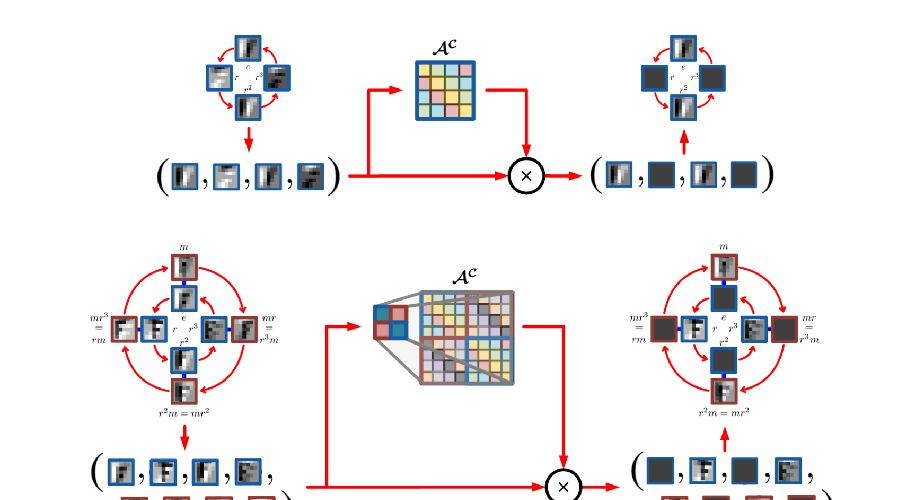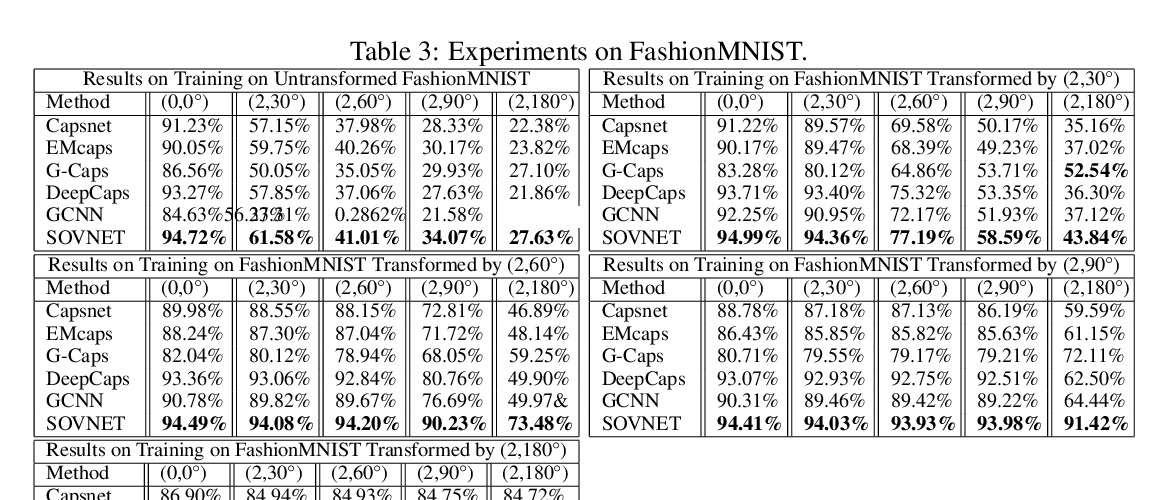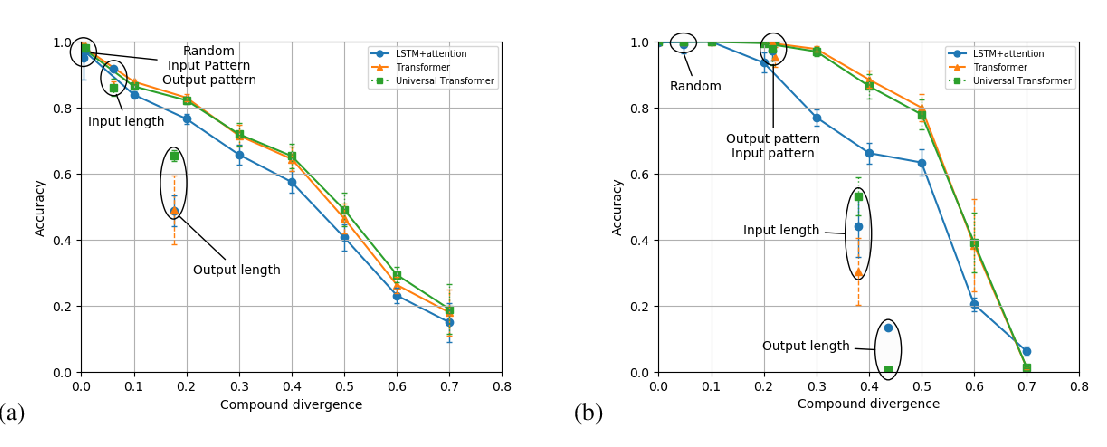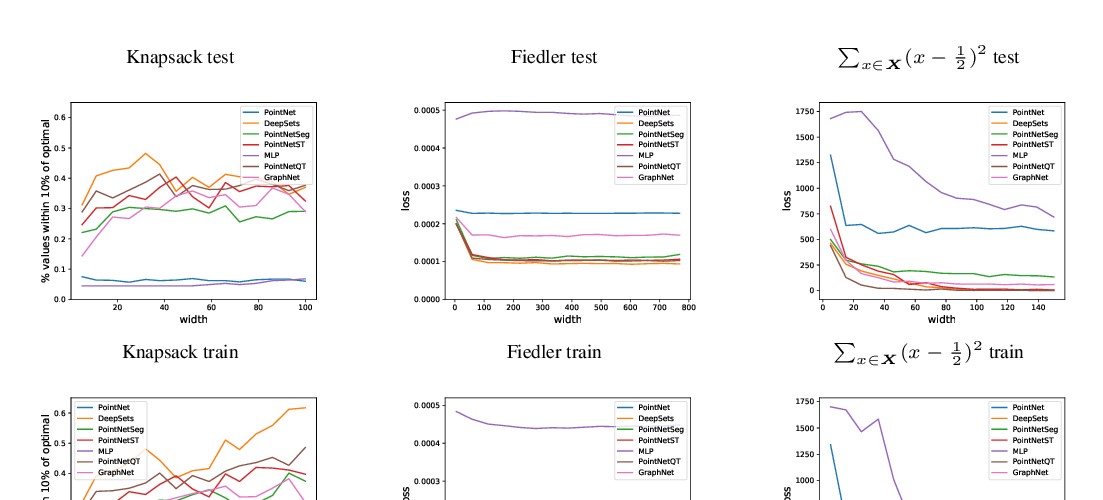Abstract:
Humans understand novel sentences by composing meanings and roles of core language components. In contrast, neural network models for natural language modeling fail when such compositional generalization is required. The main contribution of this paper is to hypothesize that language compositionality is a form of group-equivariance. Based on this hypothesis, we propose a set of tools for constructing equivariant sequence-to-sequence models. Throughout a variety of experiments on the SCAN tasks, we analyze the behavior of existing models under the lens of equivariance, and demonstrate that our equivariant architecture is able to achieve the type compositional generalization required in human language understanding.



